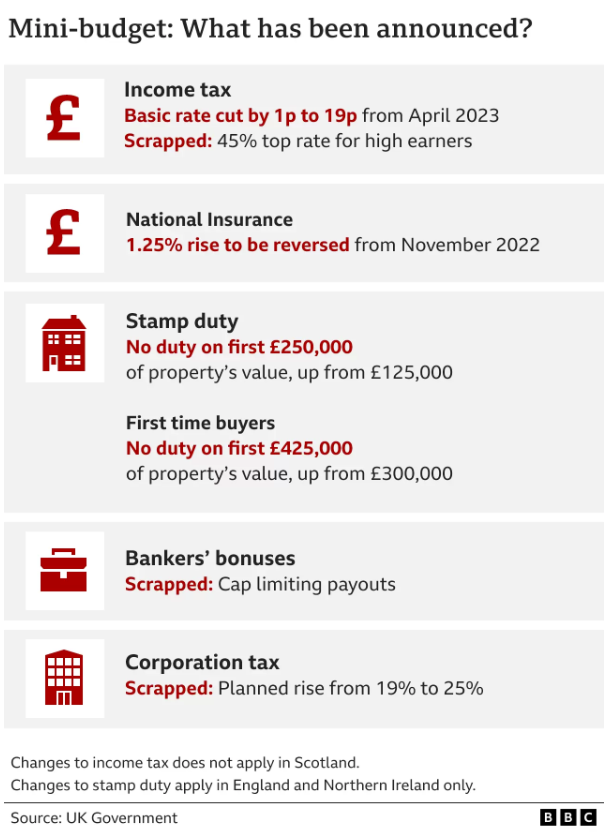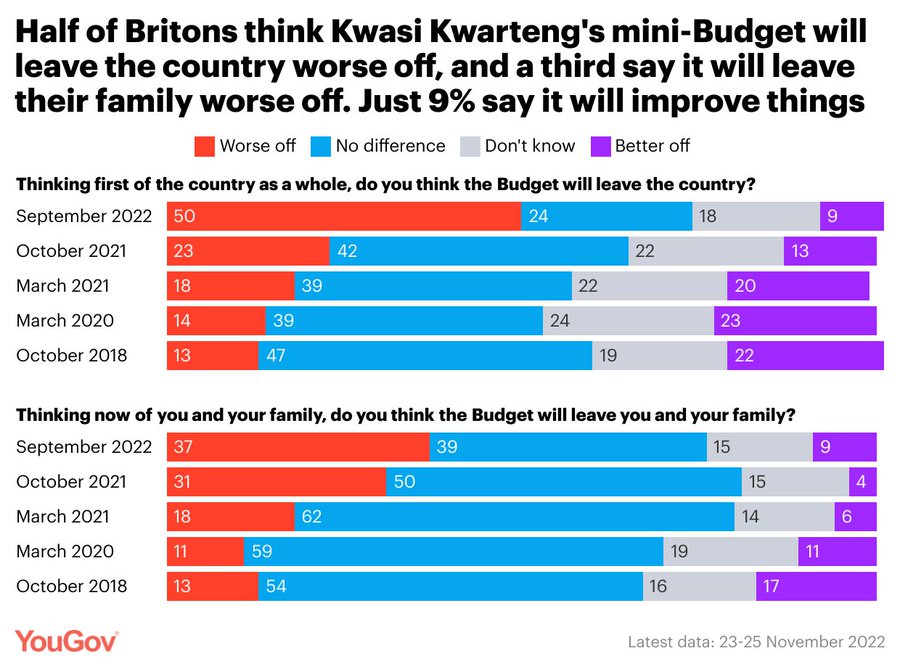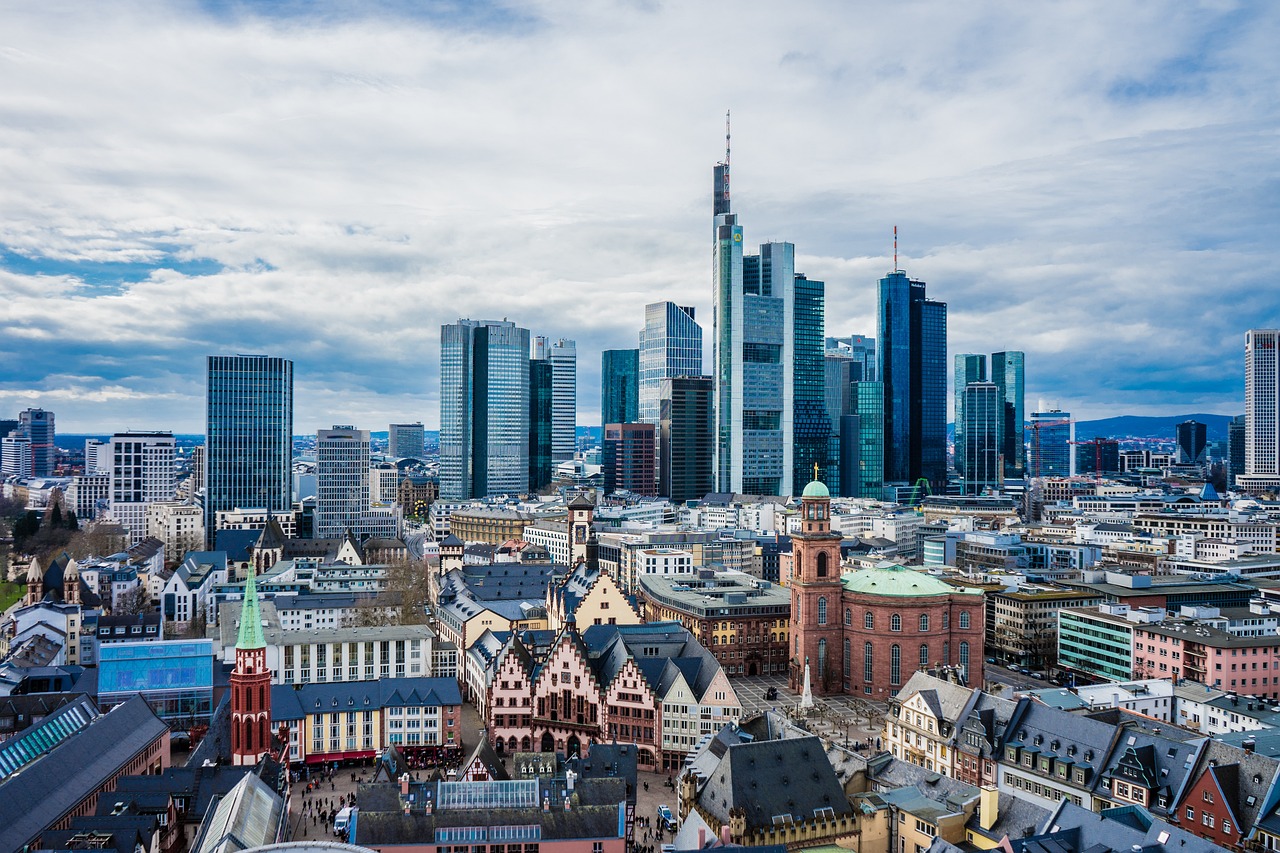The past year in the UK has been a roller coaster of political upheaval, and this tumult is having an unshakable effect on Britain‘s reputation for financial solidity. Even Lloyd’s of London, a major insurance company leader, has voiced their concern over the damage done to its international esteem.
John Neal indicated that confidence in the UK had suffered from a quick succession of three prime ministers and four chancellors throughout 2022, as well as the mini-budget which caused the pound to depreciate and mortgage rates to increase significantly. He also noted that the additional expenditures related to Brexit failed to alleviate matters. Nevertheless, he is confident that the government can regain its reputation with proper steps; in response to this assertion, The government has taken action to “restore economic stability”, by making “difficult decisions on tax and spend”.
What Problems did the Mini-Budget cause?
The mini-budget caused a number of issues, primarily the sharp depreciation of the pound and increased mortgage rates. The depreciation has made it more difficult for British companies to export their goods abroad, while raising mortgage rates makes it far more expensive for people to purchase homes.
In addition, taxes have been raised in order to cover the additional costs associated with Brexit; this has put additional strain on businesses trying to operate in an already turbulent climate.

What Steps Are Being Taken?
As it has been strongly advised that the UK should not take its position as a global financial centre for granted. The government is taking action to alleviate the economic problems by making “difficult decisions on tax and spend”. It is hoped that with some fiscal discipline and targeted spending cuts, Britain can start to restore its reputation for financial solidity.
Furthermore, there are plans to implement measures that will help businesses adapt to the changing economic landscape, such as providing additional support for small and medium-sized enterprises.

Who Exactly is Lloyd’s of London and What Does It Suggest?
Lloyd’s of London is one of the preeminent financial institutions in The City of London, and is acutely conscious of any economic flux. The world’s foremost insurance market ensures its customers by investing heavily in both human and technological resources to guarantee the protection of their clients from any potential risks encountered globally.
Thanks to everyone who came to our Platinum Jubilee celebration today! Great to have a busy Underwriting Room mark a special landmark 🇬🇧👑#JubileeCelebration #LloydsPeople pic.twitter.com/px5Ce9lpS9
— Lloyd's (@LloydsofLondon) June 1, 2022
According to Mr. Neal’s beliefs, the government can restore public trust by collaborating with businesses to ensure that everything works as planned. He proposed that the best way to achieve this is by establishing a setting where businesses could develop, expand and remain profitable through creative incentives and long-term investment strategies.
Additionally, Mr Neal noted that the UK’s standing of economic dependability was damaged when then-Prime Minister, Liz Truss, and then-Chancellor, Kwasi Kwarteng, proclaimed an unfinanced £45bn in tax reductions. The news of that announcement heightened investors’ worries, leading them to believe that there would be an increase in public debt or even reductions in services such as education and healthcare.
Furthermore, there was considerable concern that government spending decisions could cause inflationary pressures and consequently have a detrimental impact on businesses already fighting to survive. Though John Neal envisages that if businesses collaborate with the government, stability and dependability can be recovered in the eyes of investors, workers, and foreign markets alike; consequently coming to terms with a tumultuous year politically for the UK.
In Summary, What Should Happen Now?
To ensure a secure financial future, Britain’s government and business must develop long-term investment plans together and incentivise innovation. With these potential initiatives put in place, the country can confidently continue on a better path towards future economic prosperity!









